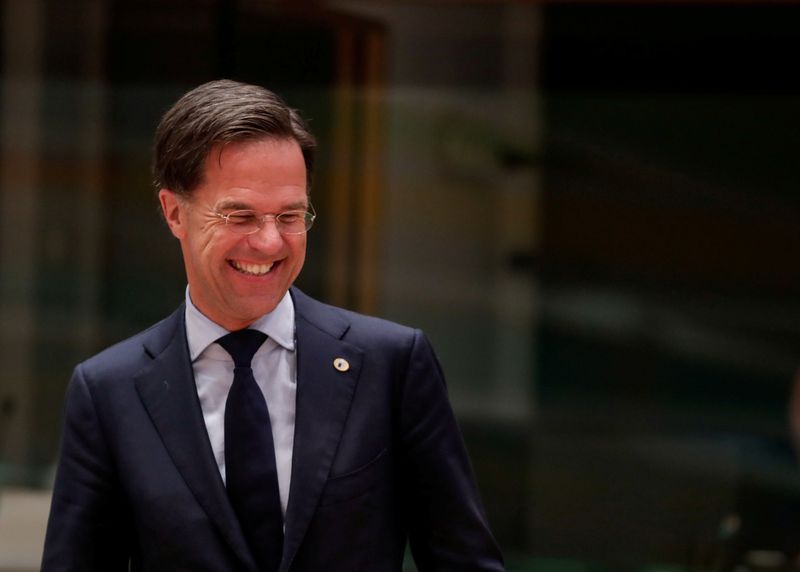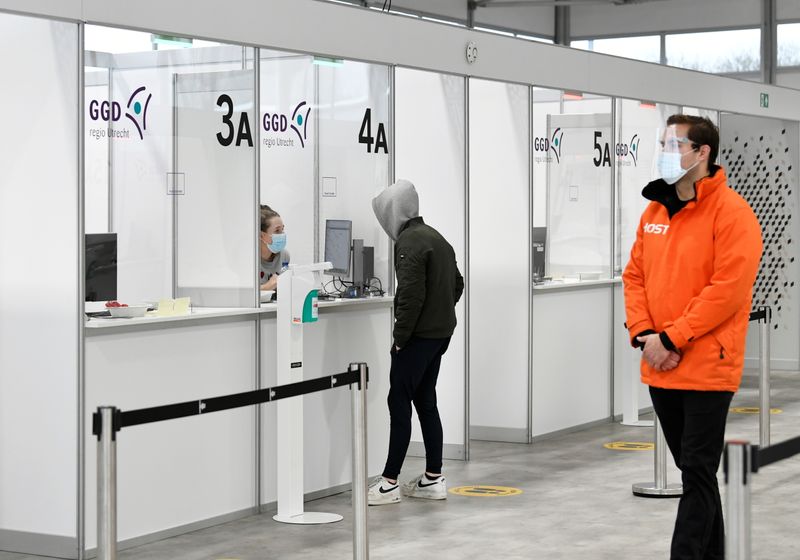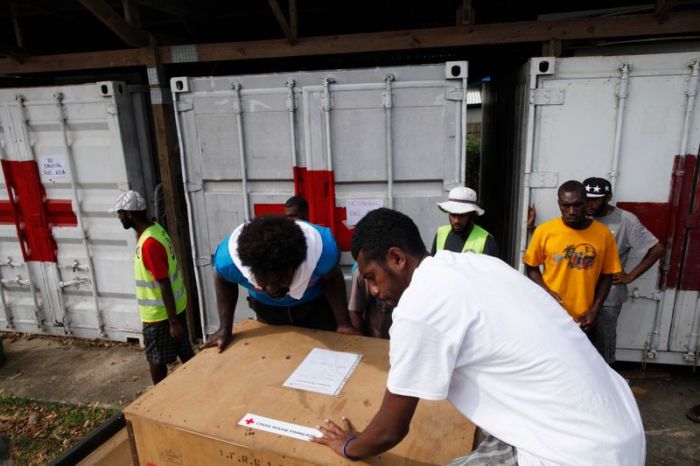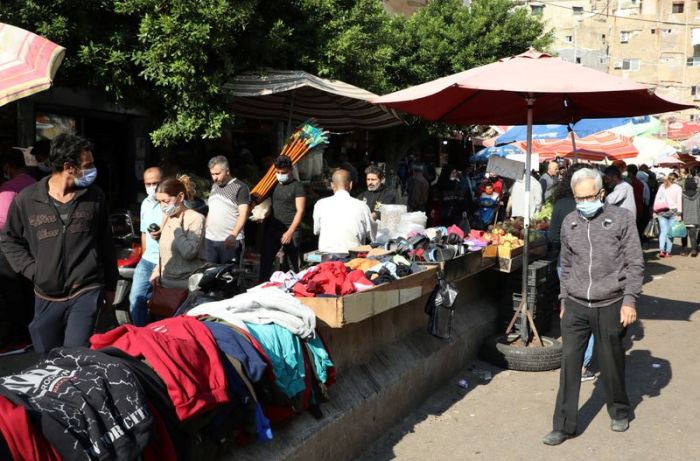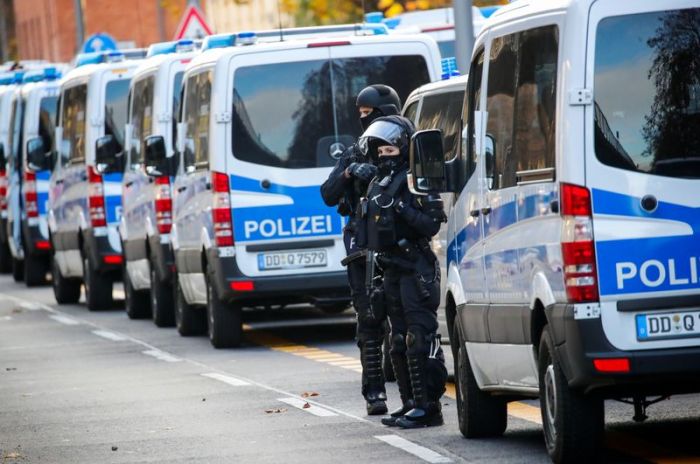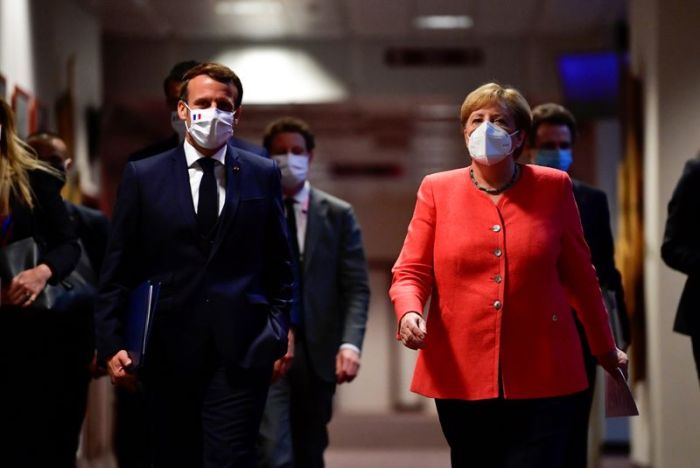AMSTERDAM (Reuters) – Netherlands Prime Minister Mark Rutte on Tuesday said most of the country’s current coronavirus lockdown measures must remain in place through mid-December, despite a recent decline in the number of new cases.
“It’s nice what we’ve achieved together,” Rutte said at a press conference after health officials reported that new cases had declined 15 percent in the past week.
“But if you look around in Europe, the picture is pretty sombre”, he said, with most countries strengthening rather than loosening measures.
Earlier on Tuesday the National Institute for Health (RIVM) said in its weekly update there were 37,706 new cases in the week to Nov. 17, the smallest number since early October.
“(However) the number of people with a positive test result remains very high,” the RIVM said, with more than 150 infections per 100,000 people in nearly every region of the country.
The Netherlands was one of the first European countries to enter a second, partial lockdown in mid-October, and Rutte’s government tightened measures further on Nov. 3, shortly after daily new cases peaked at above 11,000 on Oct. 30.
Public gatherings are banned currently, face masks are “strongly recommended” inside stores, and restaurants operate only for takeaway. Schools remain open.
Rutte said on Tuesday that the country’s path out of the crisis in 2021 would involve a mix of “mass vaccinations, good-working medicines, and even more and even faster testing.”
There are currently 2,146 COVID-19 patients in Dutch hospitals, with 576 in intensive care. The country’s medical system has been strained and routine procedures are on pause, but on current forecasts it will not face a shortage of beds.
Testing speed and capacity have improved, and this week authorities opened a new mass testing centre in Utrecht, the second of seven planned around the country.
(Reporting by Toby Sterling; Editing by Gareth Jones and Steve Orlofsky)

